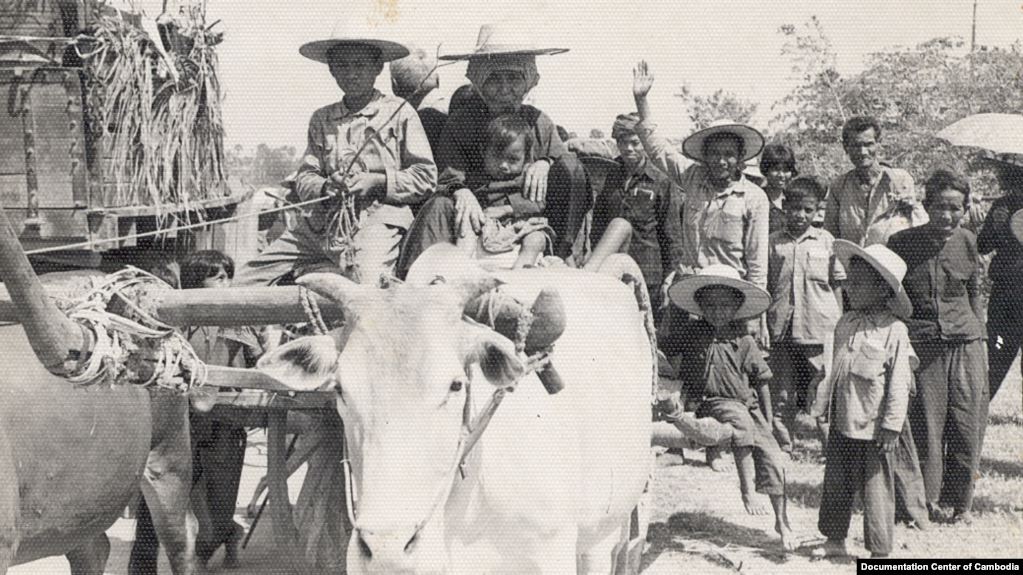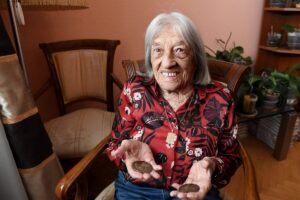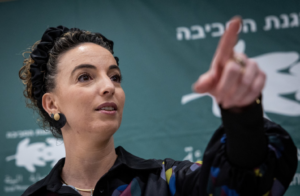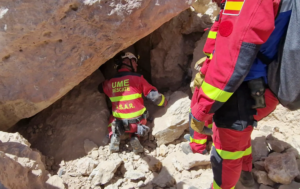Youk Chhang argues that having humanity will help Cambodia in battling the coronavirus pandemic.PHNOM PENH —
Editor’s Note: Youk Chhang is the director of the Documentation Center of Cambodia. The Center’s focus on memory and justice seeks to assist Cambodians in discovering the truths upon which a genuine national reconciliation depends. In this essay, Chhang argues that Cambodia is not only a nation of survivors but a nation of resilience and hope, which will help the country in battling the coronavirus pandemic by not steering away from its moral obligations.
For several weeks now, I have been traveling throughout the countryside of Cambodia. In the midst of the global pandemic and before Cambodia implemented its government curfew, I have been traveling throughout the countryside of Kandal, Kampong Cham, Pursat, Battambang, Pailin, Banteay Meanchey, and Siem Reap provinces. What I observed during my travel, and since I have returned, has made me recall a darker, sadder, and tragic time under the Khmer Rouge regime (1975-1979). I am not alone.
I was approached by a survivor of the Khmer Rouge regime, and like many other persons I talked to in the villages, she was fearful of the global pandemic that was penetrating Cambodia. She was interested in my thoughts on the situation, and she asked me a question that made me pause and respond only with silence.
She asked me: “Why is the world panicking? Right now, there is zero death in Cambodia, yet in the United States, there is a death rate at about .007 percent. During the Khmer Rouge, despite the number of people who were killed each day, we also had people who were deathly sick, who barely had food to eat, and who probably also suffered from some pandemic disease, but no one seemed to care until we lost 3 million lives. Why?”
The complete accuracy of her facts aside, I could not respond because I did not have a justifiable answer. Her question exposes gaps, missteps, and failures of the world community in the past. It also exposes the relative nature of our moral obligations to humanity.
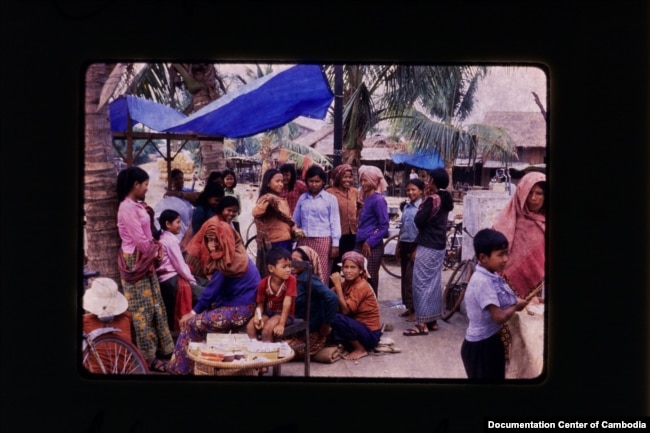
Having returned from my trip, I am taken aback by how societal-level crises expose how we think, behave, and relate to our fellow human beings. Whether they occur on a personal, community, or society-level, crises should represent opportunities for leadership and moral character. A global pandemic stresses all levels of human society, but our moral obligations to humanity should remain unchanged.
Crises represent an opportunity for individuals, businesses, and governments to demonstrate their fidelity to their core principles and loyalty to the people who depend on them. Governments should prove their commitment to truth and care for their citizens and residents, which begins with ensuring people have as much information as possible to protect themselves and their families. Truth should never be filtered, diluted, or restricted when lives are at stake.
Businesses should also show that their relationship to their customers, the public, and supply chain partners are not solely based on profit margins and the payment of routine debts. All businesses depend on a priceless commodity called reputation, and how a business treats its customers, the public, and its partners will determine the true value of this commodity in the months and years to come.
As human beings, we owe an obligation to our fellow man and woman. We owe an obligation not only to ensure their physical health and safety, but also their social security because every person needs to know they are not alone. At all levels of society, people should take this opportunity to find ways to prove their commitment to the higher principles of civic duty, truth, and kindness to our fellow human beings.
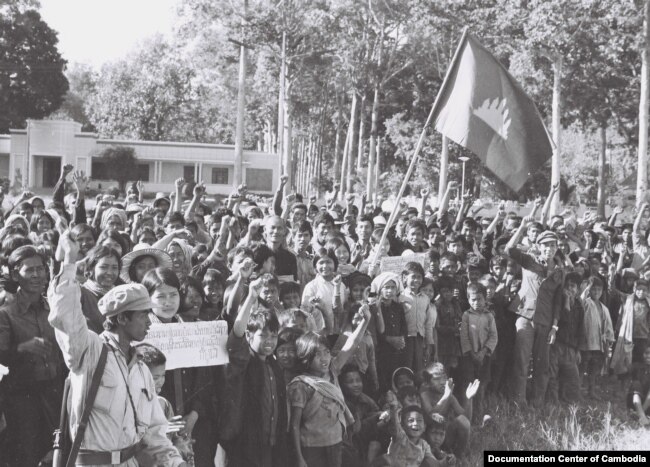
Historically, our moral and even legal obligations to humanity have depended on political and economic circumstances. This is not acceptable if we are to truly call them obligations of humanity.
Today’s struggle with the coronavirus pandemic makes many survivors of the Khmer Rouge regime recall horrific memories, which is empowering as much as it is painful. Survivors of this period are empowered by their memory in a way that other generations can only partially understand. Despite the horror, tragedy, and loss of this time period, the survivors of this time period have a level of resilience that no other generation can match.
But apart from resilience, the survivors of the Khmer Rouge regime have appreciation. With memories of horror and tragedy, it is impossible to not have a greater appreciation for humanity and how fragile human life can be. Having an appreciation for human life is the foundation of humility, which is possibly among the greatest of human virtues.
In the midst of this pandemic, Cambodia must leverage its unique experience with this horrific past as a reference in defining resilience and humanity today. I have heard stories from Khmer Rouge survivors that epitomize resilience, and they continue to resonate with me today. I have also heard stories from survivors that show how the pure beauty of humanity can still shine in the midst of mass atrocities, starvation, and death. Cambodia is not a nation of survivors; it is a nation of resilience and hope. We must harness this resilience and hope in battling the coronavirus and not let this pandemic steer us away from our moral obligations.

